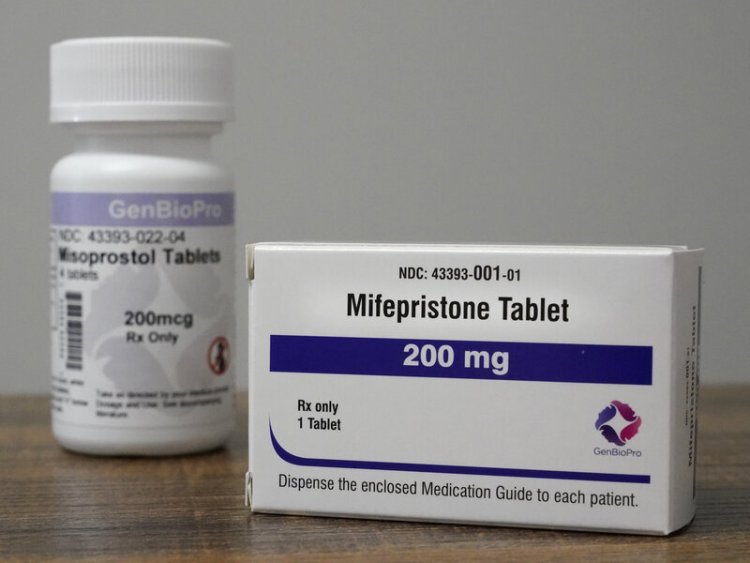Supreme Court rejects bid to restrict access to abortion pill
The court found that anti-abortion doctors who questioned the FDA’s easing of access to the pill did not have legal standing to sue.

The U.S. Supreme Court recently delivered a decision regarding the availability of the abortion pill, mifepristone. In a significant ruling, the court dismissed a challenge by anti-abortion doctors against the Food and Drug Administration’s (FDA) policy that eased access to mifepristone, allowing it to remain widely available for use. This decision upheld that the group challenging the policy lacked the legal standing necessary to sue, emphasizing that their moral and ideological beliefs do not constitute a federal injury. This article provides a summary of the key points and implications of the Supreme Court's decision.
What We Know:
- Court Decision: The Supreme Court unanimously ruled that anti-abortion doctors do not have the legal standing necessary to challenge the FDA’s regulations concerning mifepristone.
- Legal Standpoint: Justice Brett Kavanaugh, who wrote the decision, clarified that the plaintiffs’ objections, though sincere, do not provide them with grounds for a federal lawsuit.
- Options for Plaintiffs: Kavanaugh suggested that plaintiffs could address their concerns through the regulatory process with the FDA or through legislative means with Congress and the president.
- Implications of the Ruling: By focusing on the issue of standing, the Supreme Court avoided making a direct decision on whether the FDA’s actions to ease access to mifepristone were lawful.
- Current Regulations: The FDA's decisions allow mifepristone to be obtained via mail and permit non-physician healthcare providers to dispense the drug up to 10 weeks of gestation.
- Public Response: Abortion rights advocates, such as Nancy Northup from the Center for Reproductive Rights, expressed relief and frustration over the lengthy court proceedings.
- Broader Context: The ruling arrives amidst ongoing national debates and varied state laws concerning abortion, following the Supreme Award's overturning of Roe v. Wade.
- Other Related Cases: The court still faces decisions on other abortion-related cases, including emergency situations under strict state laws.
The recent Supreme Court decision represents a continuation of the judiciary's influence over abortion access in America, reflecting the ongoing national discourse and legislative battles on the matter. By dismissing the case based on standing, the court has temporarily preserved broader access to mifepristone without making a direct ruling on the FDA’s regulatory actions.
This is a breaking news story and will be updated.












